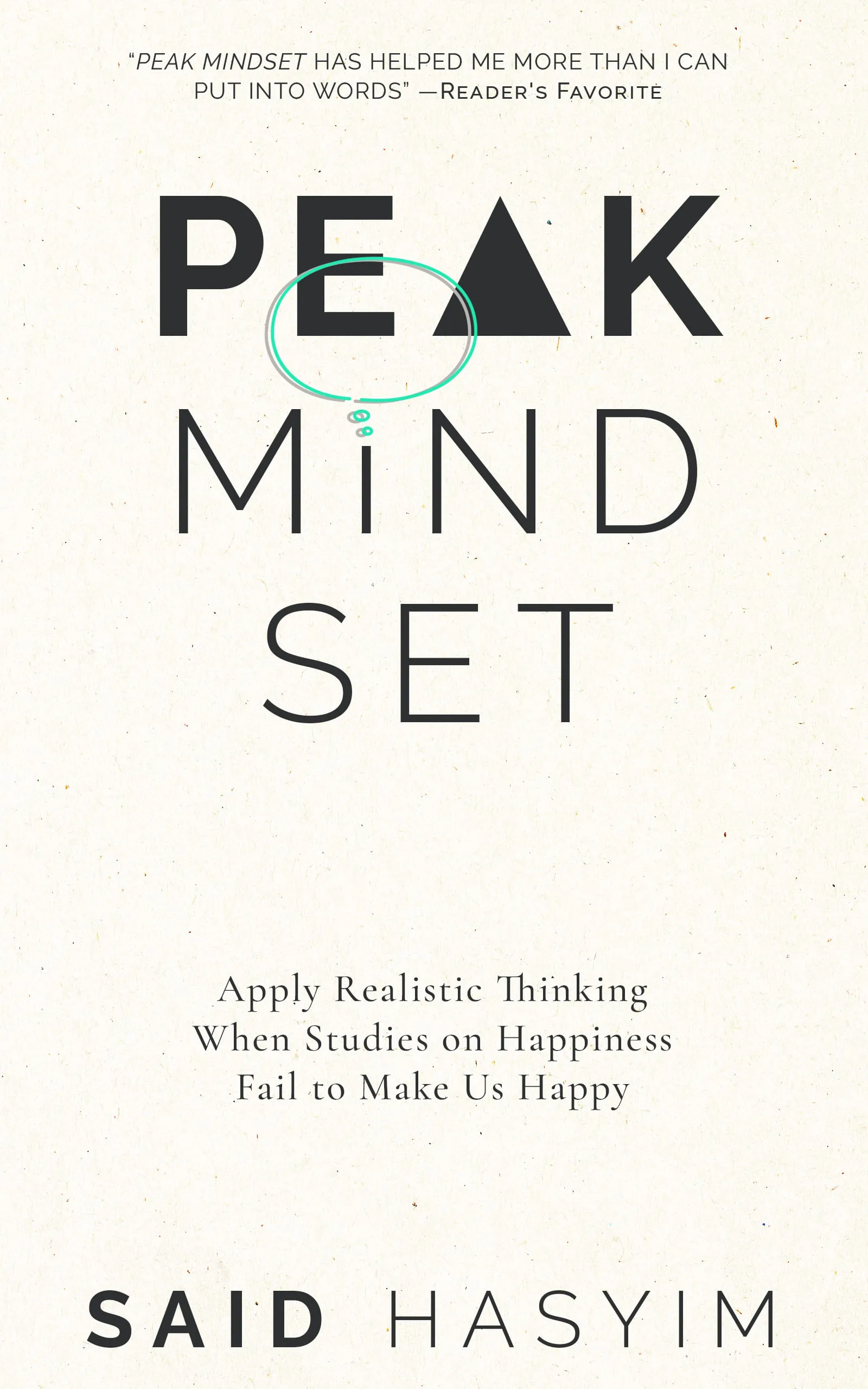Embracing Change: The Role of Mindset
Change is a constant in our lives, yet it is often met with resistance, anxiety, and discomfort. Whether it’s a shift in our personal lives, a transformation in our careers, or broader societal changes, our initial response is often to cling to the familiar. However, cultivating the right mindset can play a crucial role in how we embrace change, transforming potential anxiety into opportunity.
Understanding Mindset
At its core, mindset refers to the beliefs and attitudes that shape our thoughts and behaviors. Psychologist Carol Dweck categorizes mindsets into two broad categories: the fixed mindset and the growth mindset.
Fixed Mindset: Individuals with a fixed mindset believe that their abilities and intelligence are static traits. They tend to avoid challenges, give up easily, and see effort as fruitless. This mindset can lead to stagnation, a fear of failure, and a reluctance to embrace change.
Growth Mindset: Conversely, a growth mindset is characterized by the belief that abilities and intelligence can be developed through dedication and hard work. People with a growth mindset are more willing to face challenges, learn from mistakes, and view change as an opportunity to grow.
The Impact of Mindset on Change
Perception of Change: Individuals with a fixed mindset may view change as a threat, while those with a growth mindset see it as an essential step in their personal or professional development. Shifting our perception can significantly alter our relationship with change.
Resistance vs. Acceptance: Resistance to change often stems from fear of the unknown. Those with a fixed mindset may feel that change disrupts their pattern of success. In contrast, a growth mindset empowers individuals to embrace new possibilities and see change as a pathway to learning.
Response to Challenges: Life is filled with challenges, and how we respond is crucial. A fixed mindset can lead to avoidance and a sense of helplessness, while a growth mindset fosters resilience. This resilience helps individuals tackle obstacles with creativity and determination.
Learning from Mistakes: Fear of failure is a significant barrier to embracing change. People with a fixed mindset may see mistakes as reflections of their inadequacies. In contrast, those with a growth mindset understand that failure is an integral part of the learning process. This perspective allows them to extract valuable lessons from setbacks and move forward with increased knowledge.
Cultivating a Growth Mindset
So, how can we cultivate a growth mindset to embrace change more effectively? Here are some strategies:
1. Acknowledge and Reframe Your Thoughts
Start by becoming aware of your thoughts when faced with change. Are you leaning toward a fixed mindset? Challenge those negative thoughts; replace "I can't" with "I can learn how to." By reframing your inner dialogue, you can influence how you perceive change.
2. Embrace Curiosity
Curiosity is a fundamental aspect of a growth mindset. Approach change with a desire to learn and discover. Ask questions like, "What can I learn from this situation?" or "How can this change benefit me?" This shift in thinking can illuminate new opportunities.
3. Practice Self-Compassion
Change can be difficult, and setbacks are inevitable. Practice self-compassion and remind yourself that it’s okay to stumble along the way. Be kind to yourself, recognize your efforts, and focus on your progress rather than perfection.
4. Surround Yourself with a Supportive Environment
Your environment plays a pivotal role in shaping your mindset. Surround yourself with individuals who embrace change, support your growth, and encourage a positive outlook. Engaging with a community that values personal development can be incredibly empowering.
5. Celebrate Small Wins
Change is often a gradual process. Celebrate small milestones along the way, as these positive affirmations can boost morale and motivation. Recognizing progress reinforces the belief that you are capable of growth and transformation.
The Long-Term Benefits of Embracing Change
Embracing change through a growth mindset can lead to numerous long-term benefits:
Greater Resilience: As you become more comfortable with change, your ability to cope with adversity improves. You develop a toolkit of skills that help you navigate challenges, making you more resilient in the face of uncertainty.
Enhanced Creativity: When you view change as an opportunity for creativity, you open yourself up to new ideas and perspectives. This mindset fosters innovation and can lead to breakthroughs in both personal and professional realms.
Expanded Opportunities: A growth mindset can lead you to explore paths that you may have once seen as unattainable. By embracing change, you become more willing to take risks, pursue new endeavors, and ultimately expand your opportunities.
Increased Confidence: As you tackle challenges and embrace change, you build confidence in your ability to navigate the unknown. This confidence can extend to various aspects of your life, empowering you to take on new challenges with courage.
Lifelong Learning: Embracing change nurtures a love of lifelong learning. You become more adaptable and open to new experiences, continually growing both personally and professionally.
Conclusion
In a rapidly changing world, the ability to embrace change is not just a valuable skill; it’s essential for personal and professional growth. By cultivating a growth mindset, you can transform your relationship with change from one of fear and resistance to one of acceptance and opportunity. Embrace the journey, challenge yourself, and welcome the possibilities that change can bring.
Remember, change is not merely an obstacle to overcome; it is a profound catalyst for growth. Embrace it with an open mind, and watch as new horizons unfold before you.
Leverage Your Mindset for a Fulfilling Life
Explore Peak Mindset, a book to leveraging your subconscious for a more fulfilling life. Gain insights into realistic thinking, money management, and stress resilience to make informed decisions. Discover pitfalls in conventional happiness advice and practical strategies for self-transformation. Unlock your potential and enhance your overall satisfaction.
